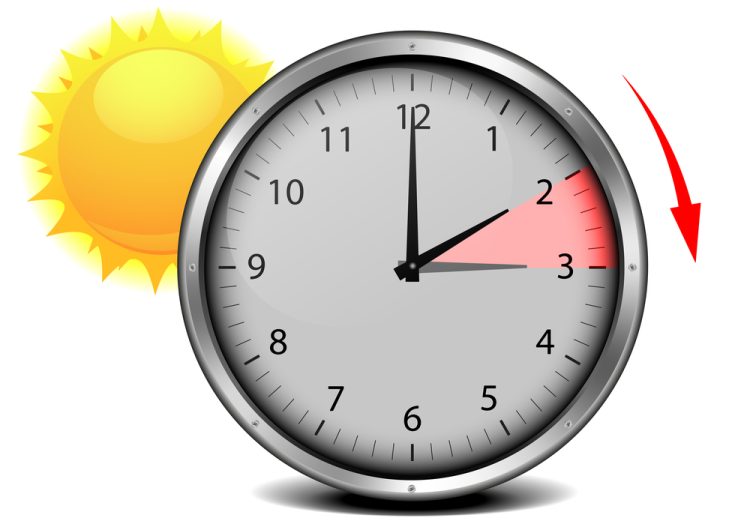Daylight Saving Time: Tougher on Tiny Timers
While adults might grumble about losing an hour of sleep with Daylight Saving Time, kids feel the effects even more. Their internal clocks, called circadian rhythms, get disrupted by the time change. This can lead to earlier wake-ups (even when it’s dark!), trouble falling asleep at night, and crankier moods during the day.
On top of that, nap schedules get thrown off, impacting both sleep and behavior. Experts recommend sticking to consistent sleep routines as much as possible, even during the adjustment period.
Remember, enough sleep is crucial for a child’s development. Check out resources from KidsHealth and The Sleep Foundation for tips on helping your little ones adjust to Daylight Saving Time and get the rest they need.












